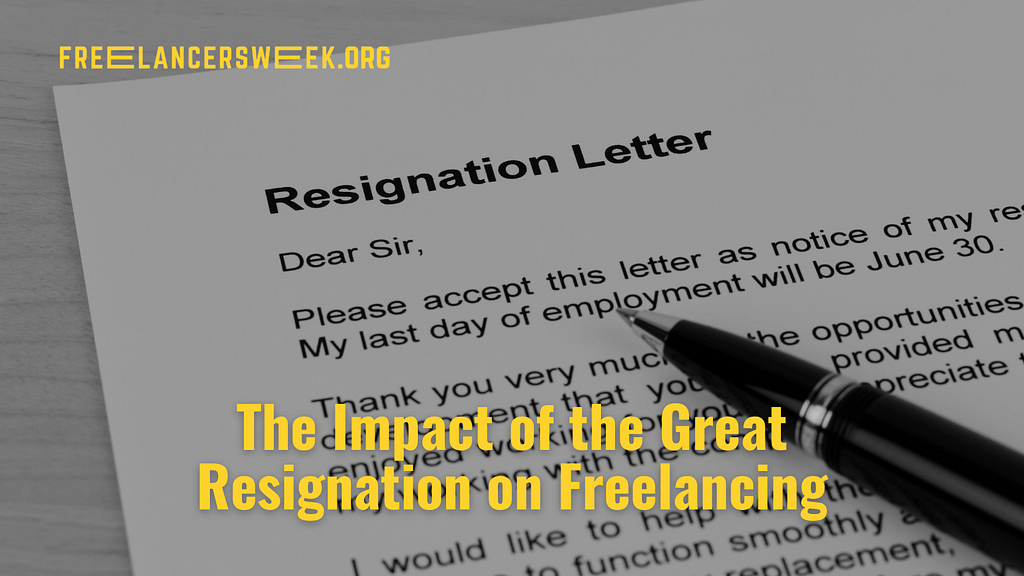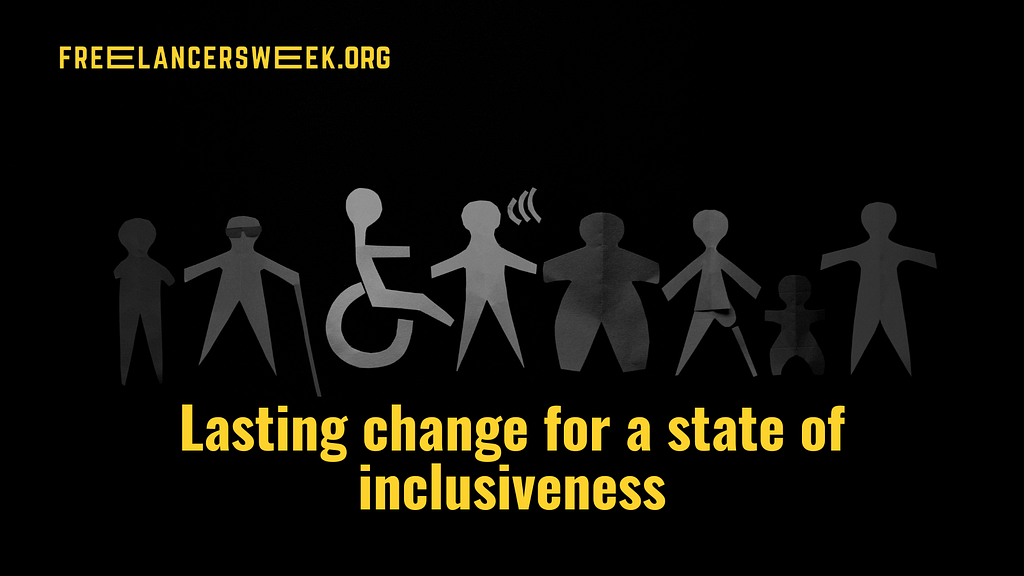During the past few years, much of the population had to work from home or had to take a hybrid approach to working. Because of this, many came to the conclusion that they were not satisfied with their current careers.
There were many factors at play, some of which were purely personal, but other important factors included dissatisfaction with the current working environment or position.
Having spent time in lockdown with family and working on passion projects seems to have led to a significant number of employees leaving their past careers, and so the Great Resignation began.
The Great Resignation originally started in America but has since moved overseas to the United Kingdom, most of Europe, and Australia. Some countries have not seen the same levels of change, but even there we see a definite move towards more freelancing.
The impact of the Great Resignation in Europe
The Great Resignation has had a considerable impact on the European economy. In the European marketplace, there has been a significant rise in vacancies in the labour market – with the UK alone reaching a new record of 1,318,000 in December 2021 till February 2022.
There does not seem to be a single identifiable reason that employees are quitting or planning to leave their careers. Some employees no longer find their careers inspiring, some feel as though their bosses don’t know their worth, and others are simply no longer satisfied with their careers.
Nonetheless, this large shift can create some problems for some companies. Though, it creates better opportunities for freelancers as they are able to provide the services to companies and work on their terms.
Freelancers contribute massively to the European economy, and should not be forgotten when analysing the impact on the European economy.
What does this mean for freelancing?
As the Great Resignation leads to professionals leaving their careers in hopes of greener pastures, many are turning to freelancing as their new chosen career. In various economies around the world that have been affected by the Great Resignation, professionals who are leaving their careers are turning to freelancing.
With employees leaving their previous careers there has been an increase in workload for employees who are remaining with the company. In order to create a more balanced work environment for the remaining employees, companies have started hiring more freelancers to decrease the workload while increasing productivity.
This essentially means that as a result of the Great Resignation the freelancing industry has become more financially beneficial and there are more opportunities for freelancers.
Why are professionals turning to freelancing?
Having worked in a full-time corporate environment professional employees are aware of the security having a full-time and stable career brings, so why are they turning to freelancing now?
Flexibility
One of the main reasons is the flexibility that comes with freelancing that professionals have come to prefer with remote working.
Part of the appeal of freelancing comes in the form of the flexibility of the industry. With freelancing the freelancer has the ability to work full-time or part-time and decide on the location of where they want to work.
This makes it so that the freelancer has complete control over their decisions and they are not restricted to a singular career or place.
Increased skill sets
Another reason professionals are turning to freelancing is the opportunity to increase their skill set. As freelancers have more independence in their work they are able to choose which companies they work with, by exploiting a wider range of opportunities they have the ability to learn new skills.
Having the opportunity to work on various projects at a time promotes continual learning for freelancers, making them appeal to a wider range of clientele as well.
Your own boss
An additional reason for professional employees joining the freelance industry is having the ability to be your own boss.
Being your own boss allows you to have flexibility regarding how long you work and whether you work with a team.
You have the freedom to make your own decisions regarding how you operate, however, being your own boss also means you have to seek your own clients, negotiate costs, and keep track of your budget.
The Great Resignation is a phenomenon impacting the world in unexpected ways. With the consistent, and seemingly inevitable, change that everyone is experiencing, many have decided to make a change in their own lives by their own choice.
Having experienced dissatisfaction in the workplace, or simply wanting to take a risk in life and experience a new array of challenges many have turned to freelancing. Freelancing is not only a means for change for these individuals but for companies as well, as they are now seeing the value that freelancers bring not only to their company but to the economy as a whole.





